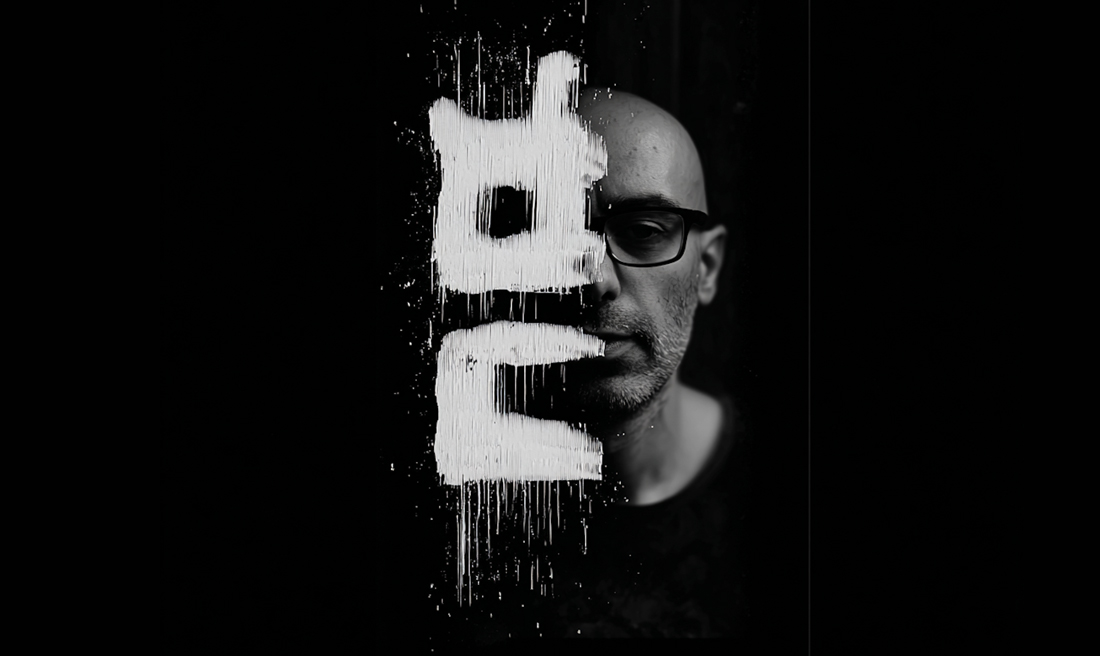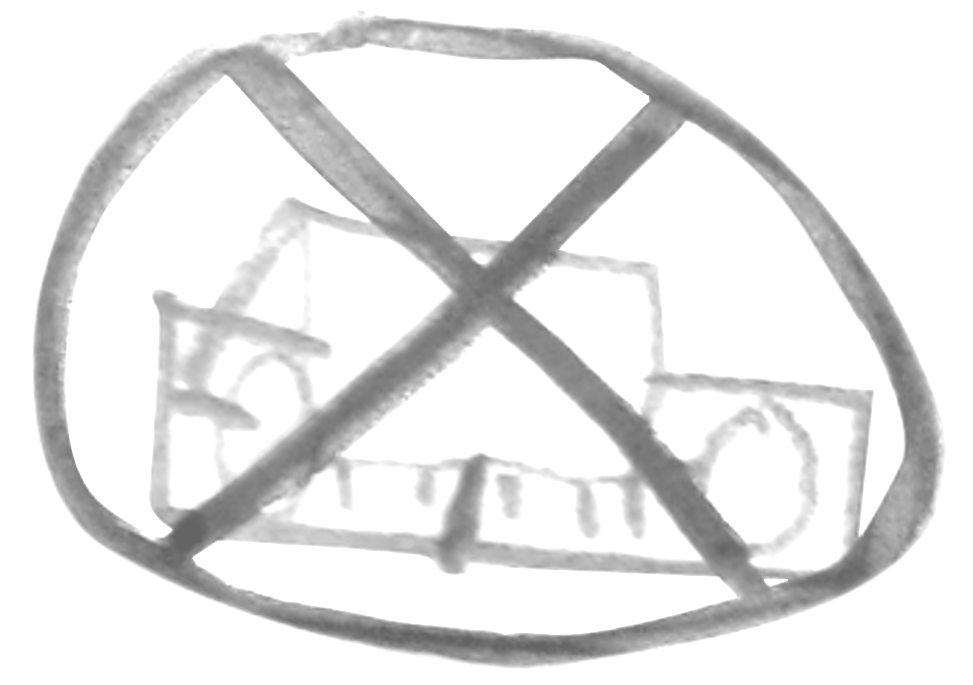FLOATING SOUND GALLERY
Vienna
Dmitri Kourliandski

Dmitri Kourliandski, composer and sound artist born 1976 in Moscow. Since 2022 lives and works in France. Winner of a number of composers competitions incl. Gaudeamus, Franco Abbiati, Gianni Bergamo and Johann Joseph Fux prizes a.o. In 2008 he was artist-in-residence of the Berliner Künstlerprogramm and in 2010 – composer-in-residence of the 2E2M ensemble in Paris. Author of chamber, orchestra and opera works performed worldwide at concerts and festivals by well known musicians and collectives. In his compositions, often static and repetitive, he develops the concept of objective music, understood as an object, as a visual phenomenon, or, more broadly, as a spatial installation (often interactive). His works are published by Donemus and Editions Jobert. Currently Dmitri Kourliandski is a fellow of Wissenschaftskolleg zu Berlin.
Letters of happiness (excerpt from the 6th act), 10’ / 2020
The idea of the opera came literally at the beginning of the isolation period – in the second half of March. We all regularly receive spam, in particular the so-called “Nigerian letters” (they describe the tragic fate of fictional rich people and propose to share the capital left by victims of accidents and fatal diseases)…
In a situation where communication with the outside world is limited and communication is largely displaced into the Internet, it seemed interesting to Dmitri Kourliandski to imagine that these fictional characters and virtual reality is the only world with which interaction is possible. Virtually all of the opera’s material – both text and visual and musical – is obtained with the help of available online generators of random texts, melodies, rhythms and photographs of non-existent people (and cats). Generated texts are read out with standard computer voices. It is possible that the listener of this opera is the same non-existent, virtually generated character.
Some sounds are taken from online libraries, some are recorded by musicians – Vladimir Gorlinsky (guitar samples), Anton Svetlichny (synthesizer) and Alexei Kruglov (saxophone). In the programme, created in collaboration with Oleg Makarov, all this material undergoes fragmentation and deformation, also following the random principle. Nevertheless, Kourliandski sets a certain direction for this flow of chance, so he gets exactly the result that he needs in this or that act.
For five acts of opera, Kourliandski made the video himself. The second act presents the work of musician and multimedia artist Alexander Serechenko, also based on the principle of chance. The sixth act, the work of video artist Marina Chernikova, is inspired by the ideas of psychogeography, which has its own special relationship to chance.
The listener/viewer can even find some plot in the opera. Four non-existent characters (“the authors” of Nigerian messages) live in a non-existent Argleton (a real non-existent city). One day they receive a threatening letter from Anonymous Hacker. One of the characters knows the Hacker and tells his story. The characters hold an online conference where they decide how to deal with the Hacker. Once the problem is over, they gather at a local bar and recite poems. In the finale of the opera, it turns out that there is a love affair between the female characters.
Espaces bruts.
Recently, I have begun to sketch the concept of École Brut — not a school in the institutional sense, but a tentative philosophy of creation. From this orientation, fragments have started to surface: textual, sonic, visual. Nothing here is finished; perhaps nothing ever will be. One such emergence is the project Espaces bruts: a multichannel improvisation woven from the materials of the album S/Low (August 2025). It unfolds as an extended inhabiting of a rarefied environment — slow, low, dispersed and suspended. Within this dwelling, each participant are invited to discover their own meanings, images, resonances.
